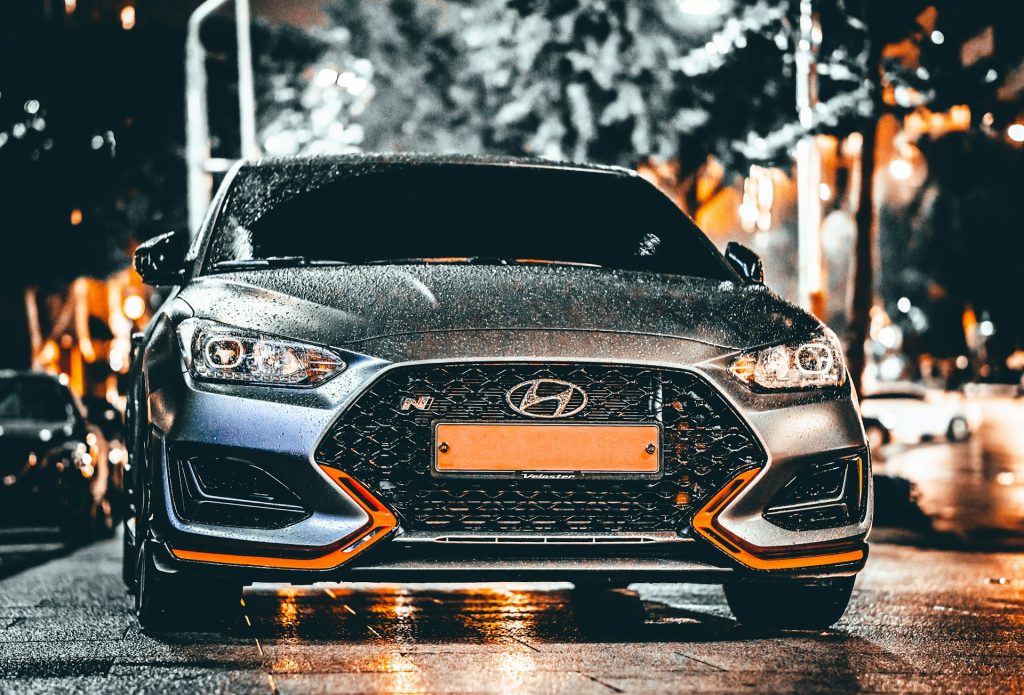Hyundai has unveiled the electric small car, Inster. The model will first be launched in South Korea this summer, followed by releases in Europe, the Middle East, and the Asia-Pacific region. It is expected to be available in Germany towards the end of this year.
Since January, it has been known that Hyundai planned to introduce its small combustion engine car, the Casper, in South Korea as an electric vehicle under the name Hyundai Inster. The model recently had its world premiere at the Busan International Mobility Show. The manufacturer positions the model as an A-segment vehicle “with a robust SUV design and a versatile interior,” emphasizing that the small car “utilizes E-technologies from Hyundai’s larger electric vehicles.”
The Inster will be offered with two powertrain options: the base version features a 42-kWh battery and an electric motor with 71 kW of power. For those who need more range and performance, there is an option with a 49-kWh battery combined with an 85-kW motor. Both versions offer 147 Nm of torque. Hyundai claims the latter version can achieve a range of up to 355 kilometers according to the WLTP standard, but notes that this is a preliminary estimate. The range for the base version has not been disclosed yet. All known technical details are available in a table later in this article.
The Inster comes standard with an 11-kW three-phase onboard AC charger and can draw up to 120 kW when DC charging, which Hyundai says results in a charging time of 30 minutes to bring the battery from ten to eighty percent. “A battery heating system and a highly efficient heat pump optimize charging times and range,” according to an accompanying statement. This technology is likely borrowed from Hyundai’s larger electric siblings. The model also includes a V2L function (both interior and exterior), allowing external devices to be charged with 230 volts.
Hyundai has made it clear that the Inster is designed to be an affordable and practical electric vehicle, offering advanced technology and versatility for urban and suburban drivers alike.
